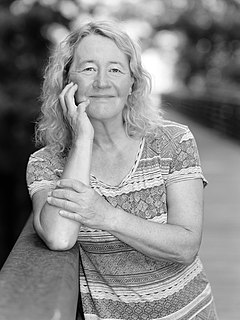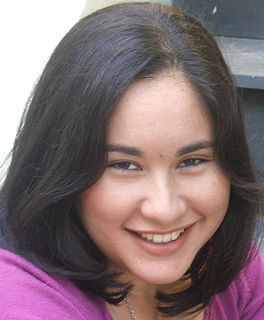A Quote by Elizabeth Blackburn
For me, arguably the story of telomeres and telomerase began thousands of years ago, in the cornfields of the Maya highlands of Central America.
Related Quotes
What I found out on Christmas Day 1984, through biochemical evidence, was that telomeres could be lengthened by the enzyme we called telomerase, which keeps the telomeres from wearing down. After I found that out, I went home and put on Bruce Springsteen's 'Born in the USA,' which was just out, and I danced and danced and danced.
The most dramatic case is that of the Central Americans. Why are people fleeing Central America? It's because of the atrocities the U.S. committed there. Take Boston, where there's a fairly large Mayan population. These people are fleeing from the highlands of Guatemala, where there was virtual genocide in the early 1980s backed by Ronald Reagan. The region was devastated, and people are still fleeing to this day, yet they're sent back.
There are scarcities in drinking water when you pollute the groundwater with nitrates. There is a scarcity in diversity when you create huge cornfields with the same strain of corn so that when one disease strikes - which happened in the United States in the 70s - all the cornfields in the country are wiped out. That was the first time the U.S. realized the value of diversity in agriculture and began to discuss genetic resources and their conservation.
We believe that such a significant increase in longevity is due to the protective effect against cancer produced by caloric restriction - incidences fall by 40 percent if we compare them with the mice that produce more telomerase and have a normal diet - and, added to the presence of longer telomeres, this makes the mice live longer and better.
My sense is that we are missing a huge part of the human story. I think it's possible, indeed probable, that we are a species with amnesia; that we've lost the record of our story going back thousands of years before so-called history began, and I think that if we could go back to that dark epoch, we would discover many astounding things about ourselves.

































